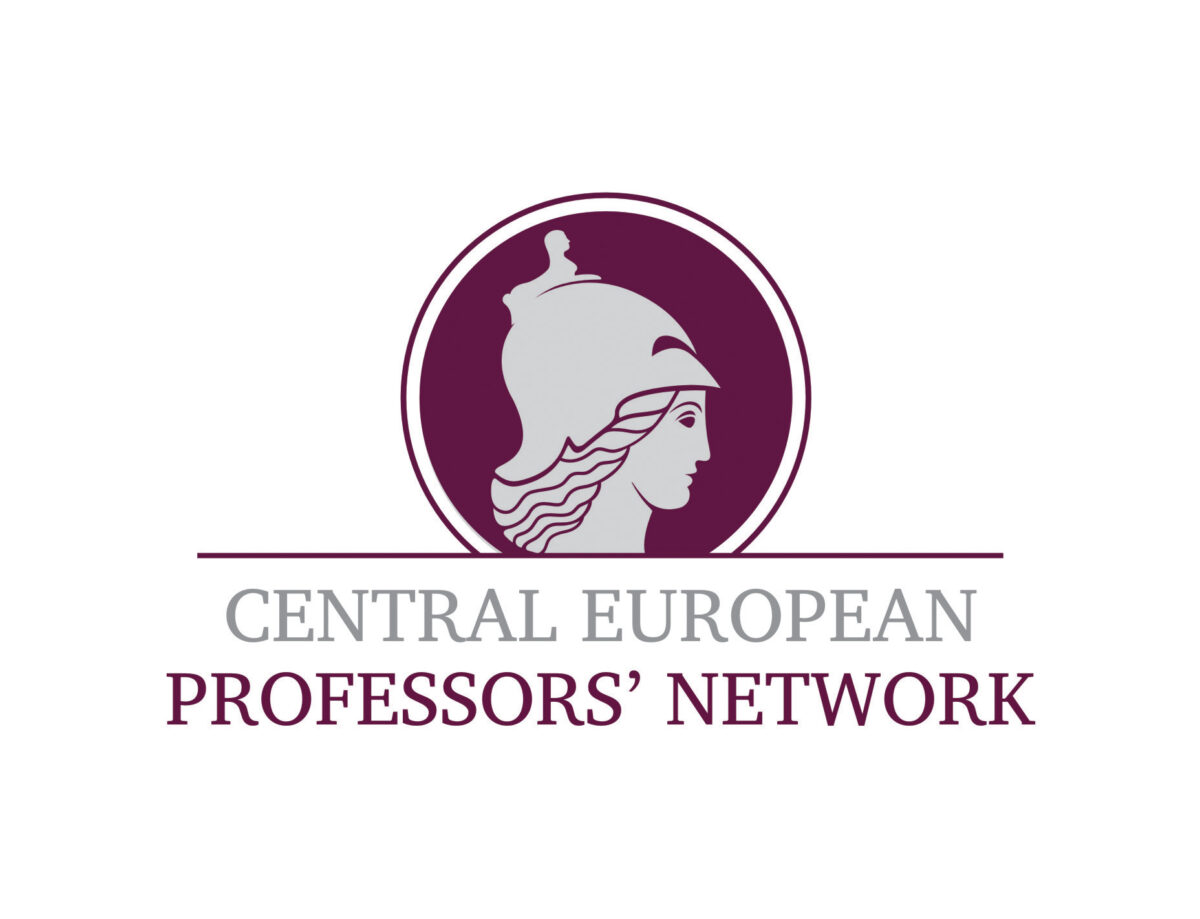Social media, freedom of expression and its resctrictions – countering discrimination in cyberspace
2021-05-19

The webinar is planned and organized as a dissemination event of the research carried out within the framework of the Central European Professors’ Network coordinated by the Ferenc Mádl Institute of Comparative Law.
Organizers and speakers:
- dr.sc. Sanja Radovanović, Novi Sad Faculty of Law
- dr.sc. Davor Derenčinović, Zagreb Faculty of Law
Place of the event: Novi Sad Faculty of Law, Zagreb Faculty of Law
Format of the event: Webinar through the Microsoft team’s platform
Languages: Croatian, Serbian
Link of the event: Available soon
Concept note: According to some estimates, in 2019, slightly more than 50% of people in the world had access to the Internet, while in 2009, this number was significantly lower (less than 5%). Just over a year later, that number is estimated at over five billion people, somewhere around 65% of the world’s population. When it comes to social media, according to some estimates, in 2017, there were about 2.86 billion users, in 2020 3.6 billion, and it is estimated that by 2025 about 4.41 billion people will have their profiles on social networks.
This exponential growth of users has not been coupled with increased media literacy, knowledge about the risks of victimization on the global networks, and public awareness about the harmful content. Undoubtedly, such social context turned people, most of whom use the Internet and social networks, into more confusion and disorientation and made them more vulnerable to victimization, abuse, and manipulation both physically and in cyberspace.
The specific aspect of abuse in cyberspace is the phenomenon of discrimination on social media and networks. There are numerous examples of using speech that does not enjoy protection under article 10 of the European Convention for the Protection of Human Rights and Fundamental Freedoms. The jurisprudence of domestic courts and the European Court of Human rights confirm elements of a legitimate aim and proportionality principle in restricting the speech that, without having any function in a democratic society, causes harm to others.
This webinar will focus on preventing discrimination in cyberspace and other forms of expression that threaten European values, democracy, human rights, and the rule of law, such as disinformation campaigns aiming to disseminate fake news on social media and networks. In this context, the speakers will, among other things, focus on the concept of responsibility of electronic media for the user-generated content and prevention based-models aimed at raising public awareness about harmful internet content and increasing media literacy.
The webinar that is planned and organized as a dissemination event of the research carried out within the framework of the Central European Professors’ Network coordinated by the Ferenc Mádl Institute of Comparative Law will gather selected master and doctoral students to discuss various relevant issues concerning social media, freedom of expression and its restrictions in democratic societies.








